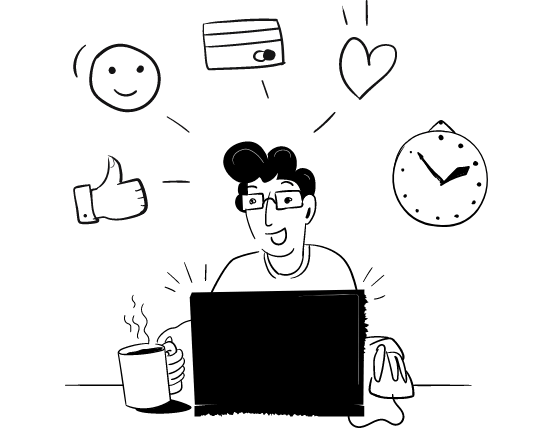Understanding Fear of Regret in a Business Context
Welcome to our glossary page on Fear of Regret, where we will explore the definition, its impact on consumer behavior, and how it can inform effective marketing strategies. Fear of Regret is a psychological concept that plays a crucial role in decision-making processes. It refers to the anxiety or unease individuals feel when they anticipate feeling regret or disappointment after making a particular choice.
This fear stems from the belief that choosing one option means giving up on the benefits or opportunities associated with alternative options. In a business context, Fear of Regret can influence consumers’ purchasing decisions and their subsequent satisfaction or dissatisfaction with their choices.
The Role of Fear of Regret in Consumer Behavior
Fear of Regret affects consumer behavior by introducing an emotional component to decision-making. When consumers experience this fear, they tend to be more cautious, weighing the potential risks and rewards of different options carefully. This fear can lead individuals to take longer to make a decision, extensively research alternatives, or seek reassurance from others. It can also drive individuals to avoid decisions altogether, resulting in lost business opportunities.
Understanding Fear of Regret allows marketers to better anticipate and address consumer concerns. By acknowledging and alleviating these fears, businesses can build trust with their customers and guide them towards confident decision-making.
Influence of Fear of Regret on Marketing Strategies
Fear of Regret has a significant impact on marketing strategies. Businesses can leverage this fear by emphasizing the potential negative consequences of not choosing their product or service. Creating a sense of urgency, offering limited-time promotions, or showcasing the benefits of their offering compared to alternatives can help invoke Fear of Regret in consumers. By doing so, marketers can motivate consumers to take immediate action and avoid the regret they fear.
However, it is essential for businesses to strike a balance when using Fear of Regret in their marketing. Excessive or manipulative use of this fear can lead to negative consumer perceptions and damage brand trust. Marketers must ensure that their messaging is ethical, transparent, and genuinely addresses consumer needs and desires.
Leveraging Fear of Regret in Advertising and Promotions
When it comes to advertising and promotions, Fear of Regret can be a powerful tool. By crafting compelling narratives that demonstrate the potential regrets consumers may experience if they don’t choose a particular product or service, marketers can tap into this fear. Highlighting the unique features, benefits, or competitive advantages of a product can also evoke Fear of Regret by making consumers question whether they will miss out on a superior option.
To effectively leverage Fear of Regret in advertising and promotions, marketers can:
- Create a sense of scarcity: Highlight limited availability or time-limited offers to make consumers fear missing out.
- Showcase success stories: Share testimonials or case studies that demonstrate the positive outcomes of choosing their product or service to alleviate consumer fears.
- Emphasize loss aversion: Highlight what consumers may lose by not choosing their product or service, focusing on the negative consequences they could experience.
